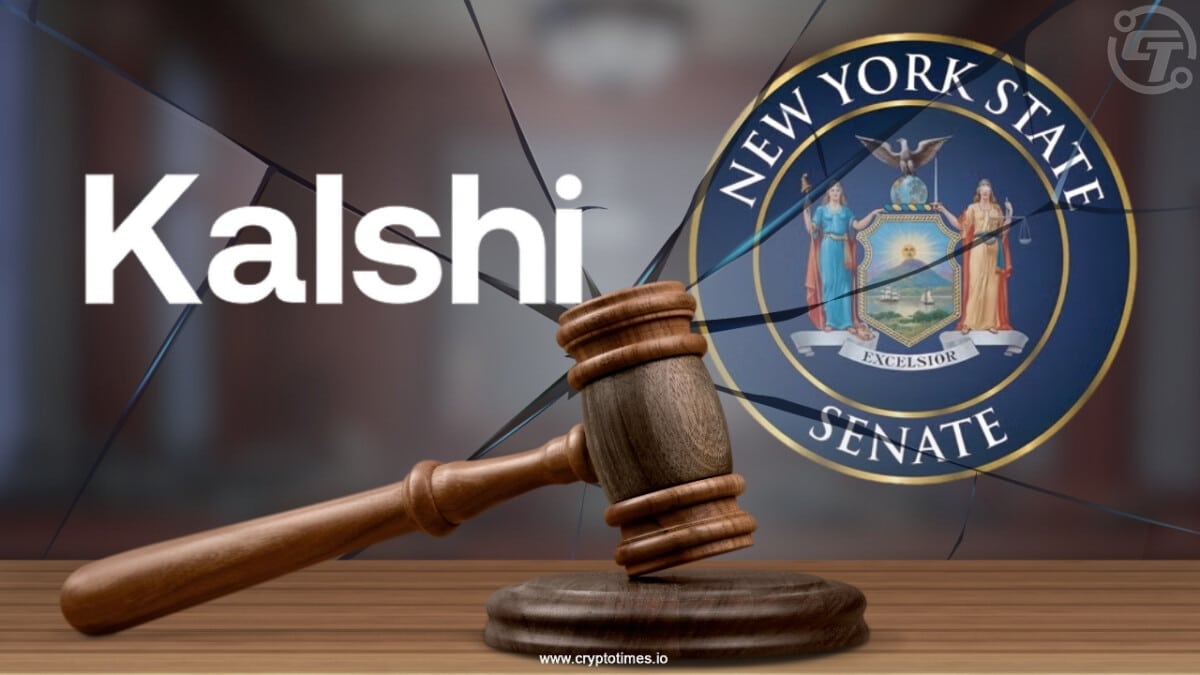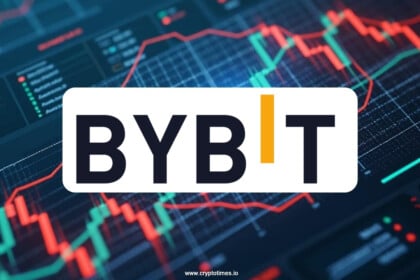Kalshi, a federally regulated prediction market in Manhattan, has filed a lawsuit against the New York State Gaming Commission (NYSGC) after the agency ordered the company to immediately shut down its sports-event contracts in the state.
This move comes as New York regulators sent Kalshi a cease-and-desist letter on October 24. They warned that its sports markets count as illegal gambling under state law and could trigger civil fines and even criminal penalties.
The notice was issued under New York’s racing laws, and the Commission listed 20 of Kalshi’s federally self-certified contracts as unlawful.
In its lawsuit, Kalshi argues that New York doesn’t have the authority to make that call. The company says its markets are regulated at the federal level by the U.S. Commodity Futures Trading Commission (CFTC), the agency responsible for supervising derivatives trading.
Kalshi claims federal law gives the CFTC exclusive control over derivatives and swaps trading, including event contracts, on licensed exchanges. It is asking a federal judge to block New York from enforcing state gambling rules against it.
Why this fight matters
This case is part of a broader tug-of-war between states and federal regulators over who gets to control the fast-growing world of prediction markets. Kalshi says its sports contracts are financial hedging tools, not betting, because they function like derivatives tied to real-world outcomes. New York, however, views them as unlicensed sports wagering.
By filing its lawsuit first, Kalshi is trying to keep the case focused on federal preemption, the argument that federal law overrides state law, rather than the separate question of whether the contracts count as gambling under state statutes.
Kalshi also says that if it were to block access in specific states, it could violate CFTC “Core Principles,” which require equal nationwide access to markets, leaving the company in a no-win compliance situation.
Other states are watching
Courts in different states have issued mixed rulings. Kalshi won early protection in New Jersey and Nevada, but lost in Maryland, where a judge ordered it to stop offering sports contracts. Maryland has not shut the platform down while the case continues.
A Nevada judge recently ruled against Crypto.com, saying sports results do not count as swaps under federal law. Because of this, Nevada regulators can treat the contracts as gambling, and Crypto.com must block state residents and close open positions while it appeals. The company has been given a deadline of November 3 to geofence Nevada users.
Illinois has also begun warning operators about involvement with prediction markets, signaling that more states may follow New York’s lead.
Also Read: US Lawmakers Introduces Bill to Ban Politicians from Trading Crypto











